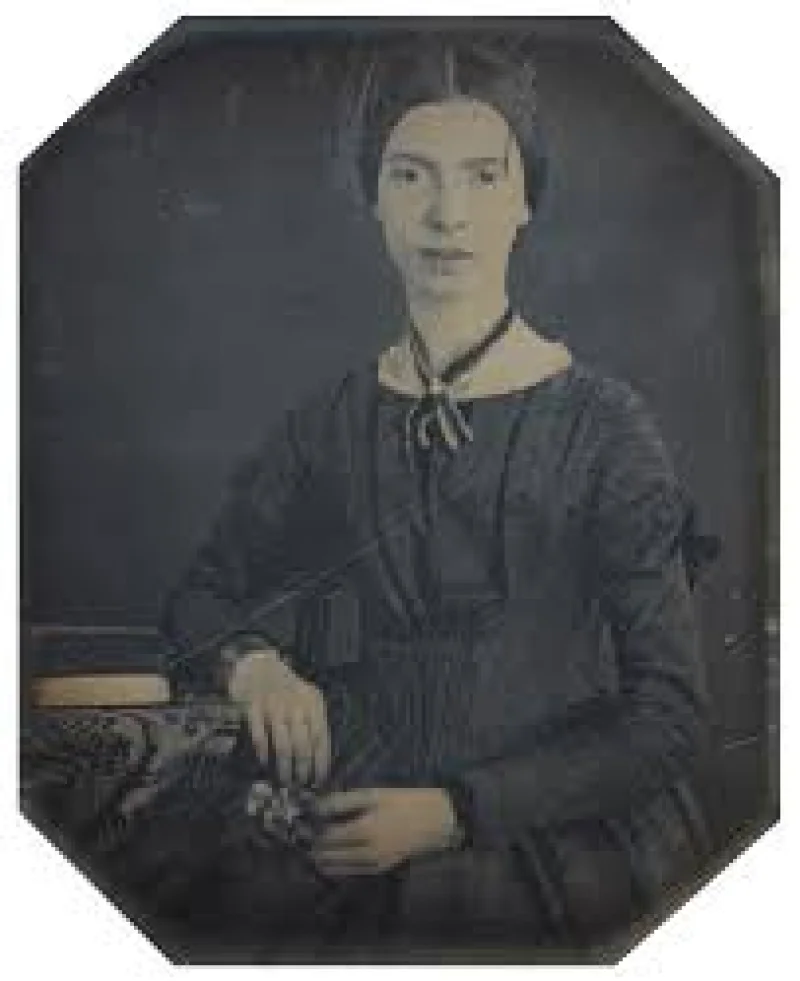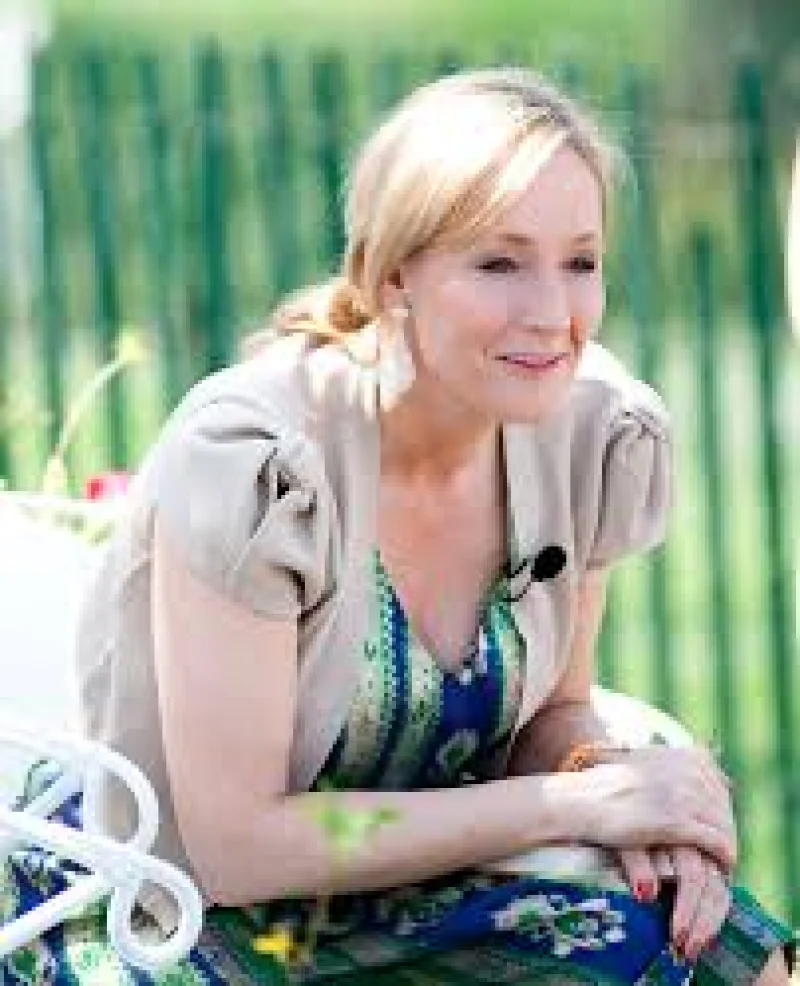Short Summary
Emily Dickinson was an eminent American poet, renowned for her reclusive lifestyle and introspective verse. Her work, characterized by its unconventional structure and profound exploration of themes like death, immortality, and nature, gained widespread acclaim posthumously. Despite publishing only a handful of poems during her lifetime, Dickinson's legacy as a pioneer of modern poetry is marked by her unique voice and innovative use of language.
Early Life & Education
Born on December 10, 1830, in Amherst, Massachusetts, Emily Dickinson was raised in a prominent family with strong educational values. Her father, Edward Dickinson, was a lawyer and politician, while her mother, Emily Norcross Dickinson, maintained their household. She attended Amherst Academy and later Mount Holyoke Female Seminary, though her formal education was brief. Dickinson was an avid reader, influenced by the Bible, classical literature, and contemporary writers like Ralph Waldo Emerson. Her early life was marked by a curiosity for the natural world and an introspective disposition, both of which would profoundly shape her poetic voice.
Career Highlights
Throughout her life, Dickinson was intensely private, choosing to live a reclusive existence in her family home. She wrote nearly 1,800 poems, yet only a few were published, anonymously and often altered, during her lifetime. Her work was innovative for its use of slant rhyme, unconventional punctuation, and exploration of complex themes. Despite her seclusion, Dickinson maintained correspondence with literary figures like Thomas Wentworth Higginson, who later played a crucial role in editing and publishing her poetry posthumously. Her collected works, released after her death in 1886, cemented her status as one of the most significant figures in American literature.
Major Achievements
- Posthumous Publication: Dickinson's poems were compiled and published after her death, introducing her profound work to the world.
- Innovative Poetic Style: Her distinctive use of form and language reshaped American poetry.
- Influence on Modern Poetry: Dickinson's work is regarded as foundational in the development of modernist poetry.
Famous Quotes
- "Hope is the thing with feathers that perches in the soul."
- "Because I could not stop for Death, he kindly stopped for me."
- "I dwell in possibility."
Interesting Facts
- She rarely left her home after her early thirties, preferring to communicate through letters.
- Her poems often lack titles and are known by their first lines or numbers assigned by editors.
- Emily had a lifelong fascination with botany and maintained an extensive herbarium.
- She often wore white clothing, which became a symbol of her unique persona.
- Her sister, Lavinia, discovered her collection of poems after her death and ensured their publication.
Legacy / Influence
Emily Dickinson's impact on literature is profound, with her innovative approach to verse influencing countless poets and writers. Her exploration of existential themes and stylistic experimentation paved the way for modernist poetry, challenging conventions and expanding the possibilities of poetic expression. Her work continues to inspire and resonate with readers worldwide, solidifying her place as an iconic figure in literature.
FAQ
Q: Why is Emily Dickinson famous?
A: She is famous for her unique and innovative poetry that explored themes of death, immortality, and nature.
Q: How many poems did she write?
A: Emily Dickinson wrote nearly 1,800 poems, though only a few were published during her lifetime.
Q: When were her poems published?
A: Her poems were published posthumously, with the first collection appearing in 1890.
Q: What is distinctive about her poetry?
A: Her poetry is known for its unconventional punctuation, slant rhyme, and profound thematic depth.









